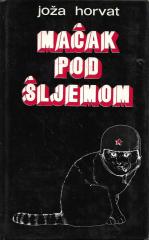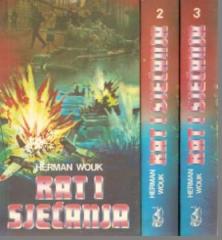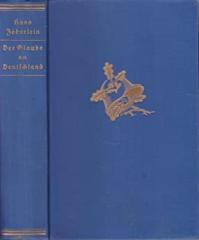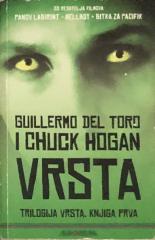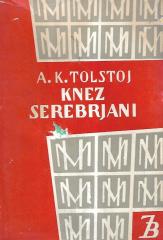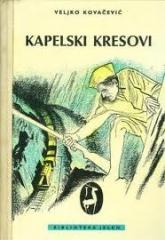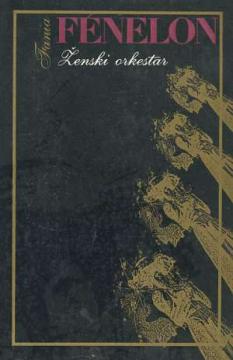
Ženski orkestar
Roman Ženski orkestar Fanie Fénelon memoarsko je djelo koje opisuje njezino iskustvo preživljavanja u ženskom orkestru u koncentracijskom logoru Auschwitz-Birkenau tijekom Drugog svjetskog rata.
Fania, rođena kao Fanny Goldstein, pariška kabaretska pjevačica i članica Pokreta otpora, uhićena je 1943. kao Židovka i deportirana u Auschwitz, a kasnije u Bergen-Belsen. U logoru Birkenau, pod brojem 74862, pridružuje se ženskom orkestru pod vodstvom Alme Rosé, nećakinje Gustava Mahlera.
Orkestar, sastavljen od žena različitih narodnosti, svira za SS-ovce i zatvorenike, često pod prisilom, kako bi preživio. Fania, pijanistica i pjevačica, opisuje strahote logora – smrt, poniženje, glad – ali i crni humor, ljubav, mržnju i solidarnost među članicama orkestra. Roman istražuje moralne kompromise, napetosti između zatvorenica, uključujući antisemitizam nekih Poljakinja, te složene odnose s nacistima, poput doktora Mengelea. Glazba postaje sredstvo preživljavanja, ali i izvor duhovnog otpora.
Fénelon piše bez patetike, s humorom i iskrenošću, bilježeći traume i snagu duha. Iako su neke članice orkestra, poput Anite Lasker-Wallfisch, osporavale njezin prikaz Alme Rosé i dinamike u orkestru, djelo ostaje snažan dokument o Holokaustu, preveden na više jezika i adaptiran u film Playing for Time (1980.).
Jedan primjerak je u ponudi
